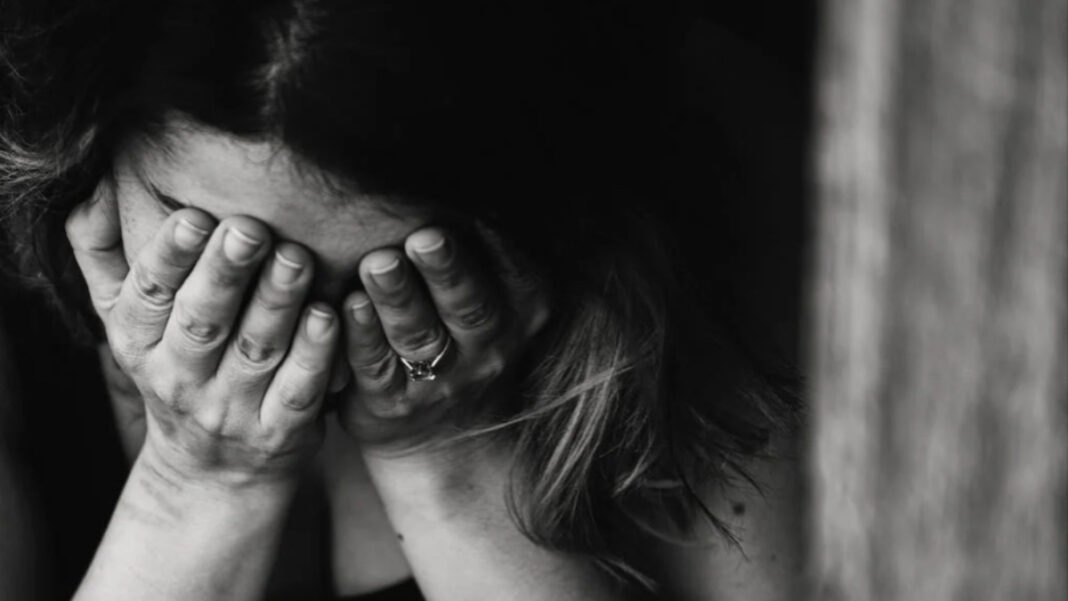INDIA: A new study claims that most Indian women mental health seekers are under 35 years of age as consultation increases to 66%.
According to the study conducted by the platform Practo, it has been noted that there has been an increase in the total number of consultations by women in 2022 in comparison with 2021. Among these women, who are 35 years of age and younger, most opt for consultations regarding mental health.
Oncology received up to 96% of all consultations per year, while mental health received 66%. Gynecology received 16% of all consultations, dermatology received 10%, general practitioners received 8%, and dentists and pediatricians received 5% each.
On Thursday, a study conducted to amalgamate data from 78,000 women users in the country prior to International Women’s Day, which is celebrated on March 8 every year, was released.
The people falling in the age gap between 35 and 44 comprised 16.5% of female mental health seekers. 16.3% of the lot were aged between 18 and 24.
Some of the concerns of these women were withdrawal symptoms, suicidal behaviour, stress, panic, post-traumatic stress disorder, eating disorders, drug abuse, and alcohol addiction.
“The number of younger women seeking mental health support has been rising noticeably in recent years, and this pattern calls for attention and action,” as per Alexander Kuruvilla, Practo’s chief child healthcare strategy officer.
He also mentioned some of the reasons contributing to this observation, like “raising awareness of and destigmatizing mental health issues, the influence of social media on mental health, and the particular strains and difficulties faced by younger generations.”
Clinical psychologist, Dr. Rajiv Nandy, chairman of the Shristi Child Development and Learning Institute, says in light of this alteration that “acceptance and awareness have been the most fundamental driving forces.”
He added that educated women are in positions of power, they know how to exercise their rights, they know when and how to assert themselves, and they definitely have the ability to recognise when something is not right and seek help.
Also Read: Spain: Massive Protest Erupts against Cuts in Public Healthcare



